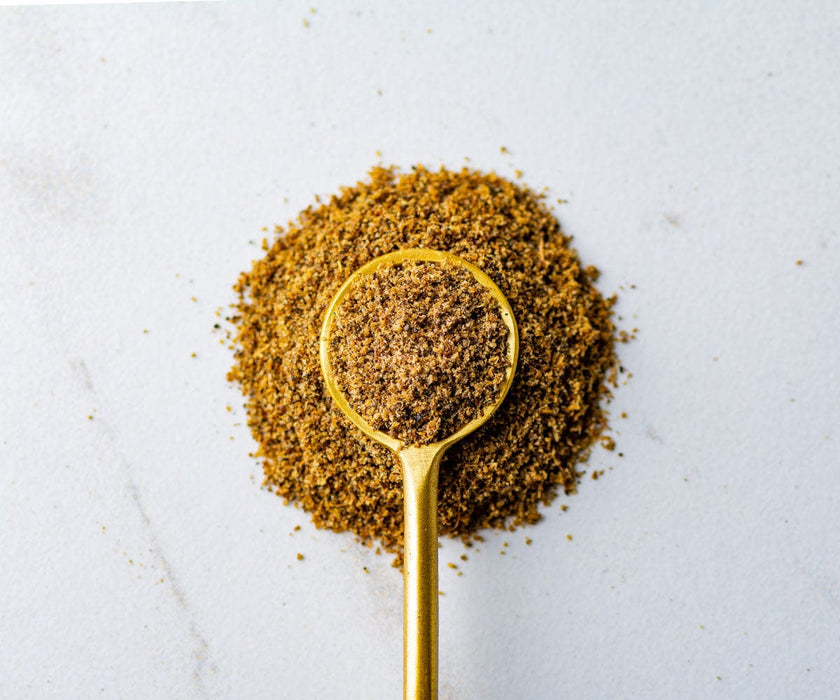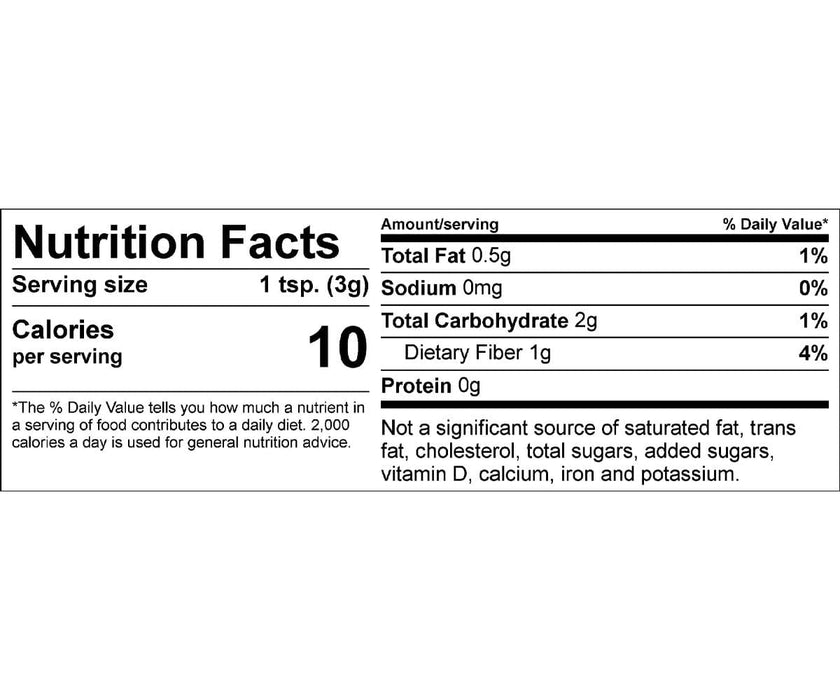
Try Me Size - Garam Masala Blend
This trial-sized spice sample of Garam Masala contains 2 tablespoons.
Try it today to disocver why Garam Masala is the most popular spice blend in India. Often used as a finishing seasoning in Punjabi cuisine, just salt & pepper. Use on pork, lamb, fish or vegetables. This blend also works in unexpected places, from traditional goat dishes to homemade BBQ rubs, and even in desserts and ice cream! To purchase a larger size or quantity of Garam Masala, click here.

